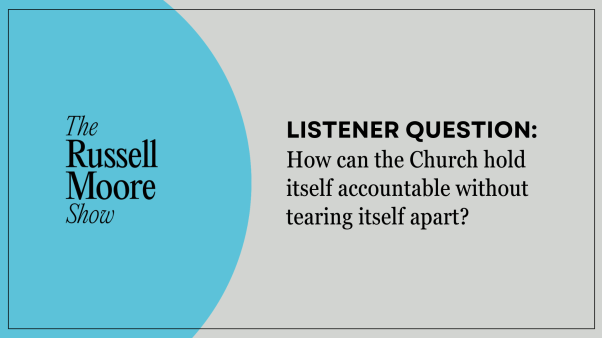Stewardship is the great “Silent Subject” in many churches. There is very little teaching from the pulpit, and when stewardship is mentioned, it is a code word for giving. Very few churches provide training on how to implement biblical principles into one’s daily financial life. Yet there are profound practical and spiritual reasons why the church should be regularly teaching and training its people on biblical financial stewardship.
Money is a huge day-to-day issue in the lives of most people. Many spend a majority of their waking hours making money, spending money, worrying about money, fighting over money, and trying to protect their money. Alarming statistics speak to rapidly increasing consumer debt, saving rates that have dropped below zero, and conflict about money being a leading cause of divorce. Failure by the church to address such a key life issue is nothing less than a major act of self-marginalization.
But there are even stronger reasons than the practical for the church to address the issue. Let’s look at five additional reasons why church leaders and pastors need to preach and teach a biblical perspective on our relationship to money:
1. Money Is a Spiritual Issue
The primary reason to preach and teach about stewardship is this: our attitude and relationship to money is a key discipleship issue. A person’s relationship to his or her money and “stuff” is often a barrier to spiritual growth and development. Money is, for many the rival god. (Related Video: Four Scriptures on money)
2. Money Is Powerful
Some writers suggest that money has a force or power of its own and that if we don’t control it, it will control us, and money—rather than discernment of God’s leading—will make the important decisions in our lives: where we work, where we live, and who we have as friends.
The power of money is reinforced by some very prevalent myths in our culture:
- Things bring happiness.
- Debt is expected and unavoidable.
- A little more money will solve all my problems.
And in our culture, in which possession has become an obsession, materialism has emerged as not just a bad “ism” that causes people to make unwise financial decisions, but as a competing worldview—a competing theology. (Related Video: Materialism as a competing theology)
3. Money Is Hard to Teach
As important as the issue of money is, many pastors and church leaders are challenged and conflicted when it comes to teaching and preaching about it. There are various reasons for this:
• Lack of seminary training—fewer than 10 percent of seminaries have a course on stewardship and most of those are not required.
• Lack of affinity toward money—most pastors are not “wired” to have an interest in money or monetary issues.
• Personal financial issues—seminary education is expensive, often results in significant educational debt and starting salaries in churches are usually modest.
• A resistant culture—the attitude that the church shouldn’t talk about money is deeply ingrained in our culture.
• (Related Video: Pastors’ thoughts on speaking about money)
4. Money Is a Spiritual Battlefield
I believe the major spiritual battle of our time is the battle for the minds and hearts of our people being waged between God and the rival god of materialism—money. It’s a question of whether, as in Romans 1:25, we will exchange the truth of God for a lie and worship and serve created things rather than the creator.
In our Good $ense teaching we depict the struggle for each of us as being pulled between two opposing forces: the “Mind and the Heart of God” and the “Pull of the Culture.” It is impossible to serve both of these masters. Scripture is clear that the pull of the culture leads to foolishness (Luke 12:20: “But God said to him, ‘You fool! This very night your life will be demanded from you. Then who will get what you have prepared for yourself?'”) and the mind and heart of God leads to faithfulness (Matthew 25: 20: “His master replied, ‘Well done, good and faithful servant! You have been faithful with a few things; I will put you in charge of many things. Come and share your master’s happiness!'”)
A depiction of this model as it appears in the course is: The Pull of the Culture vs. The Mind and Heart of God
With proper pulpit teaching and a year-round stewardship ministry, Christians can be equipped to withstand the Pull of the Culture and to manage their financial affairs in a God-honoring manner.
5. The Church Offers Clarity About Money
The culture is adrift with myths about money and its power and influence. We are led to confuse our self worth with our net worth. The church may be the only remaining place where the issues can be discussed in non-market terms. Today’s pastors and leaders must be prepared to articulate, teach, train, and encourage their people toward a biblical perspective on money and possessions. The financial and spiritual well being of many people are at stake. (Related Video: Which will win out—importance or difficulty?)
Dick Towner is executive director of Good $ense Ministry. He has taught on stewardship for over 30 years and is currently leading Good $ense Solution Seminars around the United States. www.GoodSenseMinistry.org








